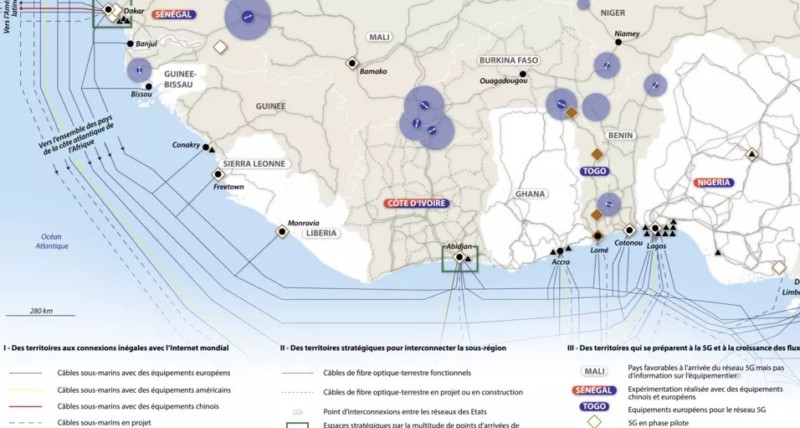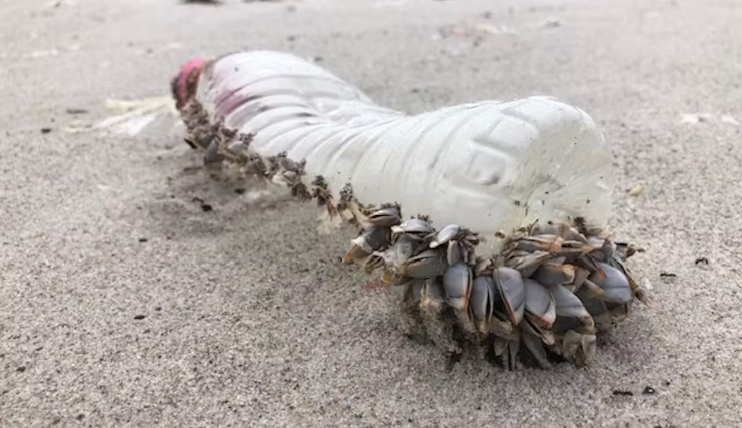An unusual influx of jellyfish is altering the landscape of Venezuela’s coasts, causing tourists and fishermen’s usual catches to disappear. Some experts suggest that this invasion could be the result of rising sea temperatures and a decrease in their natural predators’ populations.
For several weeks, hundreds of cannonball jellyfish (Stomolophus meleagris) have invaded the turquoise waters off the coasts of states such as Aragua, La Guaira, or Falcón in Venezuela. They form whitish banks that « change the marine landscape and create almost surreal scenes, » as reported by La Republica.
This unusual situation « significantly affects fishing and concerns residents and authorities » in this tourist region, notes the Peruvian newspaper. According to scientists, it could be linked to « environmental changes, such as increasing sea temperatures, » associated with climate change and the El Niño phenomenon.
The presence of these gelatinous invertebrates is already having significant effects on fishing communities, suffering from diminishing fish stocks, as stated to Venezuelan media Crónica Uno by Joxmer Scott Frías, a biologist at the Central University of Venezuela. « The numerous organisms we see in our waters need to feed. If they feed a lot, it means they are taking food away from commercial fish larvae, which are important organisms in ecosystems. »
The presence of these cnidarians with stinging tentacles – capable of causing painful stings or allergic reactions – could deter tourists from approaching the coasts where they wash up. However, they do not pose a serious health risk to the public, as their toxin is « rather mild, » the scientist adds.
Nevertheless, this is still « a warning, » he clarifies, because their proliferation could also be linked to the decrease in natural predators such as sharks and turtles, and the increase in maritime pollution, which contains elements they feed on.
While waiting for more information, local communities have begun considering how they could benefit from this unusual phenomenon, as seen in Mexico, for example, which sells the jellyfish caught in its nets on the Asian market.
Source: courrier international




